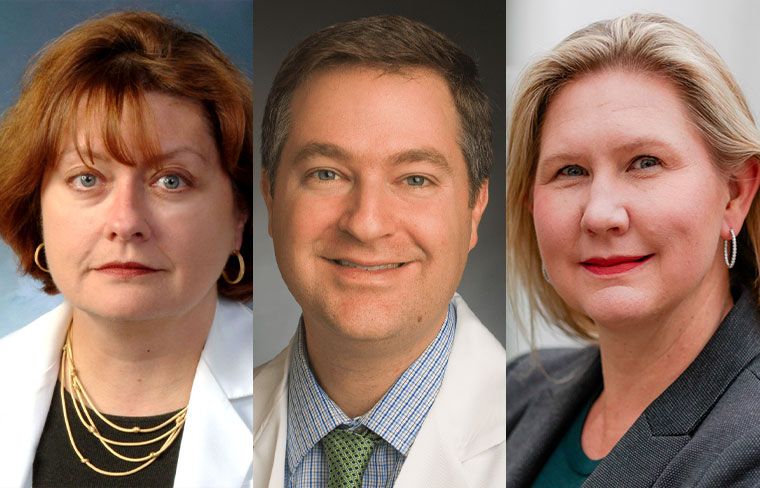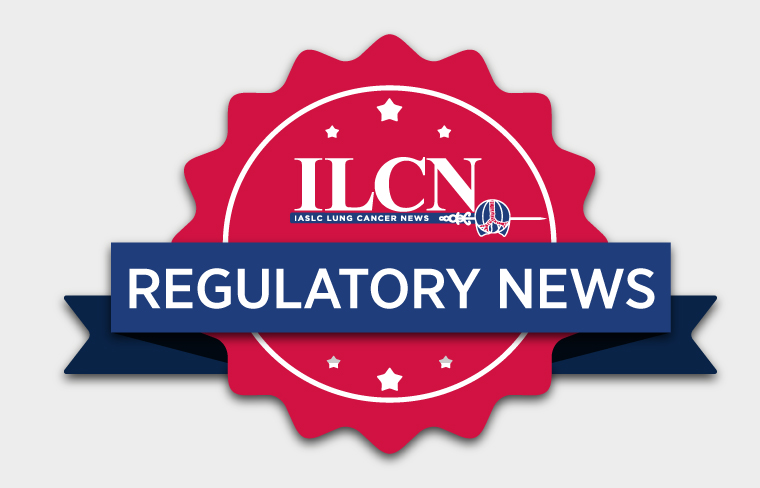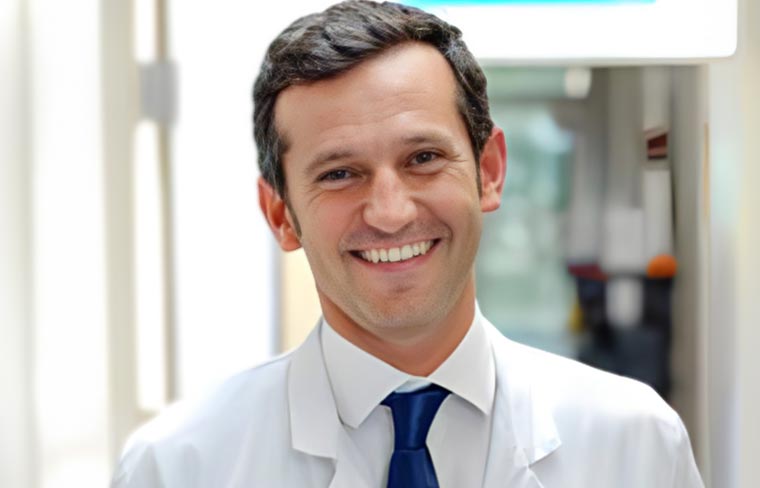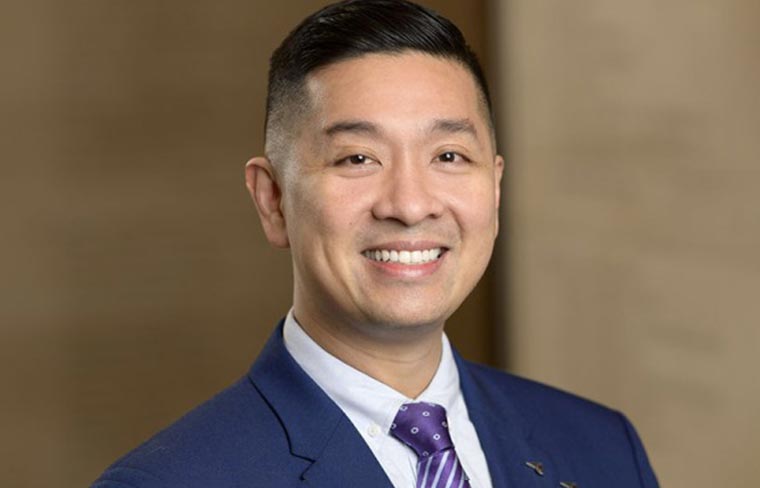-
Interim NADIM ADJUVANT Data Suggest Adjuvant Chemo-IO May Reduce Recurrence Risk in Patients Following Complete Resection
-
Final FLAURA2 OS Data Show Osimertinib Plus Chemo Offers Benefit Compared with Monotherapy
-
Potential Impact of GLP1-RAs on TKI-induced Weight Gain in Patients with NSCLC
-
No “Known” Risk Factors: The Health Consequences of Radiation Therapy
-
Discussion Covered Updates, Strategies, and Controversies in Lung Cancer Staging
-
No PFS, OS Benefit Seen in Final Results from PACIFIC-2
-
WCLC Attendees Hear Preview of Proposed Changes for the 9th Edition of the TNM Staging Classification for Thoracic Cancers
-
Treatment of Immunotherapy-Related Dermatologic Toxicities: An Interview with Dr. Mario Lacouture
-
A Holistic Approach to Patient Care
December 2024
-
BR.31 Trial Falls Short of DFS Primary Endpoint
Prof. Glenwood Goss said adjuvant durvalumab did not improve disease-free survival outcomes following complete resection and optional chemotherapy.
-
Data Shows Screening Programs Can Shift Stage Distribution at Diagnosis
Dr. Mike Gieske said since implementing a multidisciplinary screening approach, his healthcare system has seen a 19% decrease in late-stage lung cancers, and they now see more early-stage than late-stage lung cancers.
-
IASLC Lectureships Honor the Work of Thoracic Oncology Trailblazers
Nine difference-makers in the field of lung cancer shared their groundbreaking work during the IASLC Lectureship Awards presentations at WCLC 2024.
-
IASLC, LCRF Announce First Recipients of Joint Team Science Award Aimed at Finding a Cure for Oncogene-Driven Lung Cancers
Dr. David Barbie and his team will receive a 4-year, $2.5 million grant to support their research on immune-based approaches to target drug-resistant cancer cells.
-
In Brief for December 18, 2024
European Medicines Agency recommends repotrectinib for ROS1-positive NSCLC; FDA approves therapies for NSCLC, LS-SCLC as well as a new diagnostic tool for identifying MET exon 14 skipping alterations.
-
Zidesamtinib Demonstrates Promising Response in ROS1-Positive NSCLC
Prof. Benjamin Besse said the TKI showed encouraging clinical activity in patients who were heavily pre-treated.
-
Novel ALK-Selective TKI Looks Promising Based on Findings From ALKOVE-1 Trial
Dr. Alexander Drilon said most patients with ALK-positive NSCLC treated with NVL-655 showed disease regression and deep responses.
-
Older Age Alone Does Not Preclude Benefit From Early Detection
Dr. Matt Warkentin says in those without significant comorbidity and who are fit for surgery, screening may provide survival benefits.
-
Burden of Lung Cancer Care and Treatment Takes a Toll Beyond Pocketbooks
Dr. Katie Smith says pragmatic clinical trials reveal the impact of symptom burden in young patients.
-
Positive Impact of Asbestos Bans on Burden of Asbestos-Related Lung Cancer May Take Several Decades
Dr. Li said a considerable global burden of asbestos-related lung cancers and mesothelioma persists, even as beneficial impact of national asbestos bans are awaited.
















